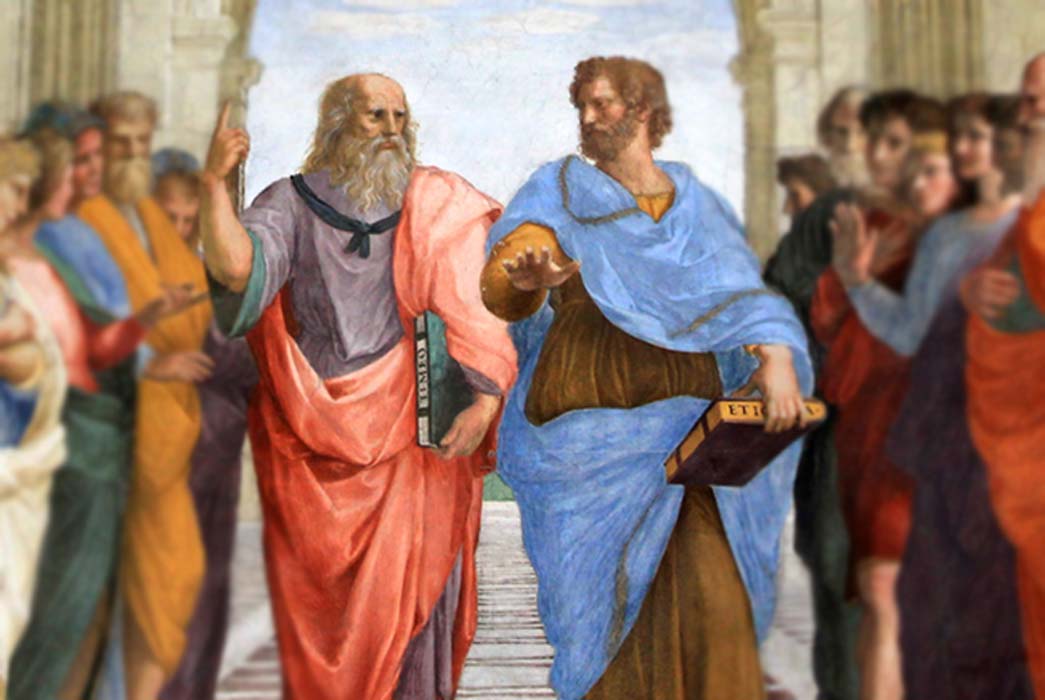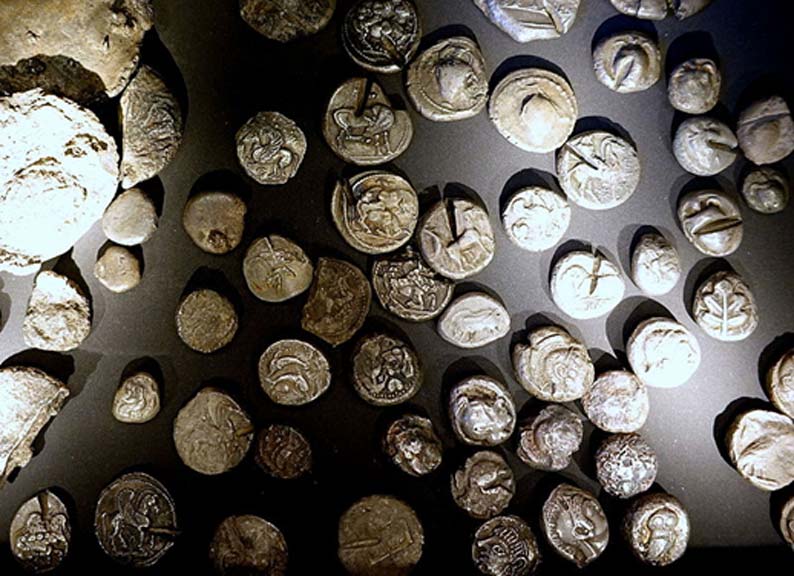
Aristotle is Dead, but his Ideas are Alive: Manipulating Money, and Plato’s Communism– Part II
Aristotle died. But then he returned from the grave, in a manner of speaking.
The ancient Greek philosopher and scientist’s ideas remained mostly dead until the middle ages. With his rediscovered arguments, an old world was reborn, giving new life to western society.
Aristotle understood quite well that, “the tools mentioned are instruments of production, whereas an article of property is an instrument of action”. Aristotle seems to understand that an object is whatever it is worth in the eyes of the buyer and seller, for both must agree on the value and price they see fit during the contract and exchange between both parties. The object of desire will be of better value if it has more than one use. Sometimes, the object in question maybe only designed for one specific use, but its value equals that of an object with many functions. Therefore, people and their desires are apparently spontaneous.
Money and The Good Life
Aristotle further explains this possession on wealth in Book 1 of Politics, in which he states:
But another kind uses goods for exchange, aided by the invention of money, which led to commerce hence the mistaken beliefs that money is the sole wealth and that the good life is bodily enjoyment. The natural and necessary art of provision is subsidiary to family economy; the other kind is justly disliked, especially usury money breeding money.
Aristotle’s view on money coincides with his view of property. He understood that without property, one could not create wealth, and thus the growth of the family or an individual’s well-being in whatever they wish to pursue, stagnates.
- The House of Wisdom: One of the Greatest Libraries in History
- The Time When Alexander the Great was ‘Defeated’
- Archaeologists Claim to have Found Long Lost Tomb of Aristotle
Creating more wealth allows for more purchasing power in objects deemed valuable to the buyer. These objects could be a shovel or a sickle which the family unit could use in order to cut more grain at a faster rate. Also, consider the shovel, for instance: at first they had none, but now have the capability to dig effectively in order to build a house, or maybe a mini-garden, or a well. Whatever the case may be, Aristotle clearly demonstrates that with wealth comes prosperity for all those who seek to enhance their livelihood.
Money, The Root of Evil
This is in contrast to Plato’s idea of money, for Plato does not approve of gold or silver. Plato sees money as an evil that will cause either too much wealth or too much poverty, which in turn leads to envy and strife. Thus, commodities like gold or silver, which have value, will cause the social aspect of the people to destabilize, leading to suffering and the possibility of war.





